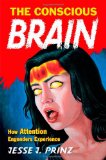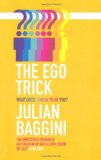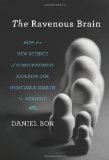new book – ‘The Guardian of All Things: The Epic Story of Human Memory’ by Michael S. Malone
August 21, 2012
The Guardian of All Things: The Epic Story of Human Memory by Michael S. Malone (St Martin’s Press, 2012)
(kindle ed.), (amazon.co.uk – 13 Sep)
Book description from the publisher:
A fascinating exploration of the history of memory and human civilization
Memory makes us human. No other animal carries in its brain so many memories of such complexity nor so regularly revisits those memories for happiness, safety, and the accomplishment of complex tasks. Human civilization continues because we are able to pass along memories from one person to another, from one generation to the next.
The Guardian of All Things is a sweeping scientific history that takes us on a 10,000-year-old journey replete with incredible ideas, inventions, and transformations. From cave drawings to oral histories to libraries to the internet, The Guardian of All Things is the history of how humans have relentlessly pursued new ways to preserve and manage memory, both within the human brain and as a series of inventions external to it. Michael S. Malone looks at the story of memory, both human and mechanical, and the historic turning points in that story that have not only changed our relationship to memory, but have also changed our human fabric. Full of anecdotes, history, and advances of civilization and technology, The Guardian of All Things is a lively, epic journey along a trajectory of history no other book has ever described, one that will appeal to the curious as well as the specialist.
Google Books preview:







